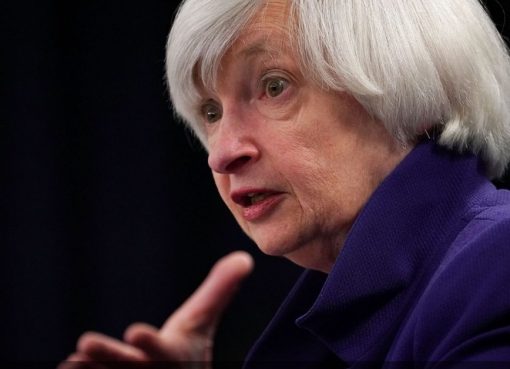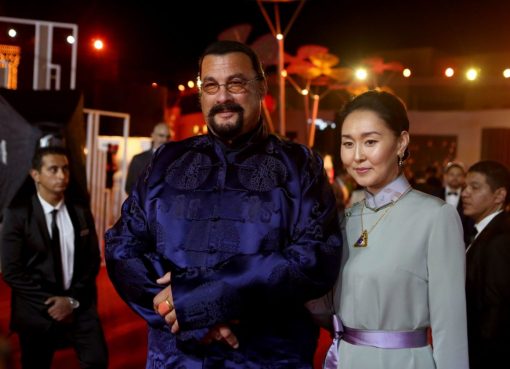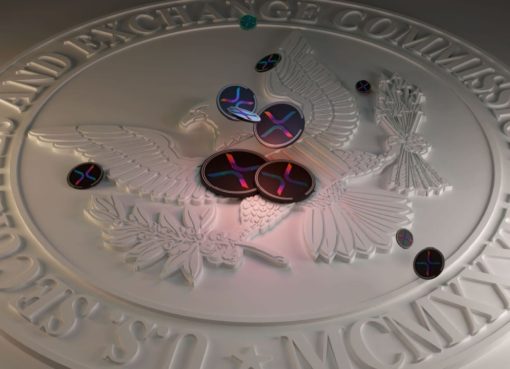Ticketmaster has received a web3 trademark from the USPTO, granting the company exclusive rights to operate online marketplaces for crypto-collectibles and non-fungible assets.
Under the patent, Ticketmaster has also received authorization to provide transactions and registry services utilizing blockchain technology specifically for digital collectibles.
Application acceptance
Ticketmaster’s application for IC 035 has been accepted, enabling the company to establish an online marketplace catering to buyers and sellers of crypto-collectibles and blockchain-based non-fungible assets.
The approval allows Ticketmaster to engage in various activities, including operating online marketplaces, providing digital collectible services, and offering registry services utilizing blockchain-based software technology and smart contracts.
With this development, Ticketmaster will have the ability to facilitate transactions and registry services through an online marketplace platform, utilizing the potential of blockchain and smart contracts.
The platform will focus on digital collectibles encompassing a wide range of content such as photos, images, artwork, videos, games, and virtual experiences in the realms of arts, entertainment, sports, and popular culture.
Discussions of an online marketplace have been in the works since the end of 2021 when during Live Nation’s quarterly results announcements, CEO Michael Rapino spent a great deal of time discussing NFTs and blockchain technology.
Rapino sees NFTs as another avenue to “cement that magic moment called the concert.” The Live Nation CEO envisages layering an NFT on a ticket via Ticketmaster.
This development aligns with the growing interest in digital assets and the increasing popularity of NFTs (non-fungible tokens).
Ticketmaster’s entry into the online marketplace for crypto-collectibles and non-fungible assets strengthens the infrastructure supporting these digital assets, providing a trusted and regulated platform for participants to engage in the market.
Reflection of a broader industry trend
Furthermore, FIFA’s submission of trademark applications in the Metaverse domain reflects the broader industry trend of exploring virtual experiences and digital engagement. This indicates a recognition of the potential of the Metaverse and its application in areas such as virtual reality gaming, virtual clothing and footwear, and entertainment services.
In related news, FIFA, the international governing body for football, has recently submitted nine additional trademark applications in the Metaverse domain as part of its “WE ARE” campaign.
These applications indicate FIFA’s intentions to explore various avenues within the Metaverse concept, including virtual reality gaming, virtual clothing and footwear, sports-related services, entertainment services, and more.




